When it comes to managing your fleet, understanding how to properly dispose of a semi-trailer is essential. Whether it’s aging equipment, an accident, or obsolescence, knowing the correct disposal methods can benefit your business from both financial and environmental perspectives. This article delves deeply into the multifaceted approach to disposing of a semi-trailer, addressing potential questions and concerns while presenting informative solutions.
Understanding the Types of Semi-Trailers
Before diving into disposal methods, it’s crucial to categorize the type of semi-trailer in question. Different trailers may require distinct approaches for safe and effective disposal. Below are the primary categories:
| Type of Semi-Trailer | Description |
|---|---|
| Dry Van Trailers | Enclosed trailers that protect cargo from the elements. |
| Reefer Trailers | Refrigerated trailers for perishable goods. |
| Flatbed Trailers | Open trailers that are versatile for various loads. |
| Tank Trailers | Specialized for transporting liquids, requiring careful handling. |
| Dump Trailers | Designed for dumping loads, often used in construction. |
Evaluation and Decision-Making
The first step in the disposal process involves a thorough evaluation of the semi-trailer’s condition. Here are crucial considerations:
- Condition Assessment: Evaluate structural integrity, mechanical functionality, and the overall condition of the trailer.
- Regulatory Compliance: Identify pertinent regulations concerning disposal specific to your region, especially for hazardous materials (as with tank trailers).
- Market Value: Determine if the trailer holds residual value that could be leveraged through resale or trade-in options.
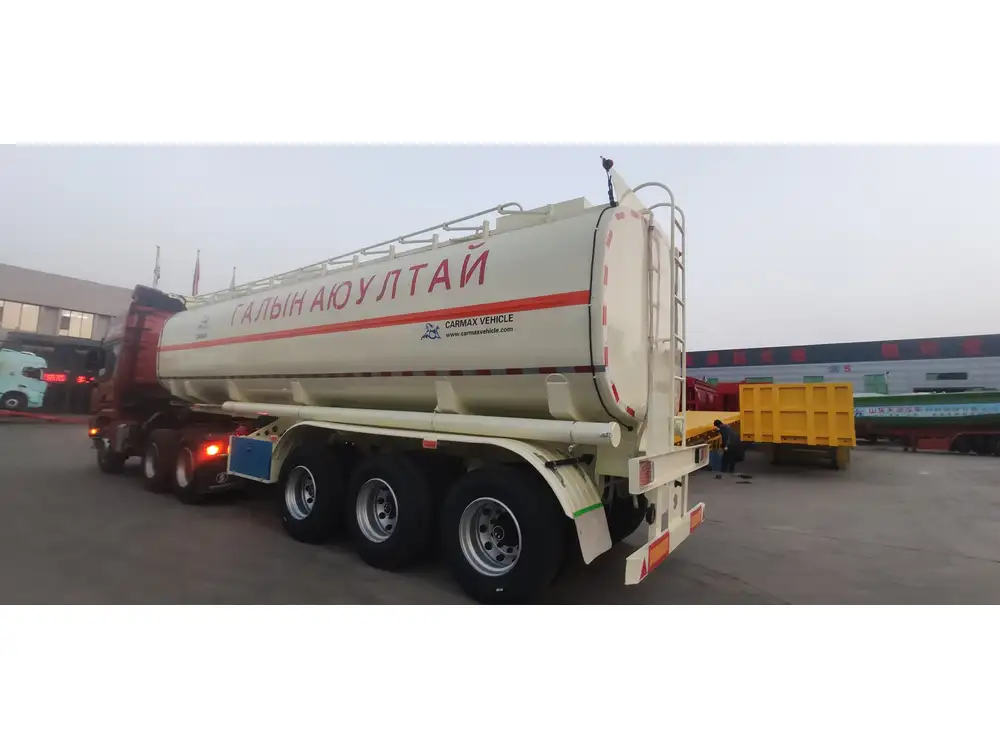
Factors Affecting Disposal Decision
| Factor | Details |
|---|---|
| Maintenance Costs | High costs may justify disposal. |
| Market Demand | Certain trailer types may have higher resale potential. |
| Regulatory Changes | Shifts can affect the viability of certain trailer types. |
Eco-Friendly Disposal Methods
Today, the emphasis is on sustainable practices. When it comes to disposing of a semi-trailer, eco-friendly methods not only protect the environment, but they also present businesses as responsible stewards.
1. Recycling and Repurposing
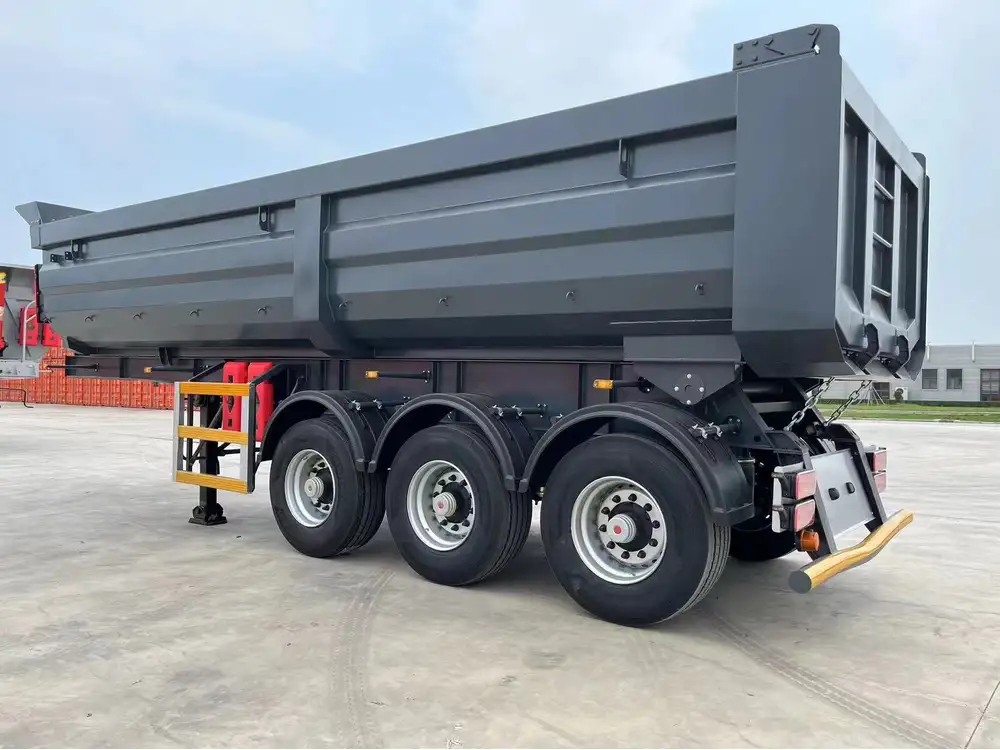
Materials Breakdown
- Metal: Trailers are primarily made of steel and aluminum, which can be recycled. Ensure that recycling facilities can handle these materials.
- Plastic: Investigate options for repurposing plastic components, such as interior fixtures.
- Rubber: Tires can be recycled or repurpose them into products such as road surfacing or playground materials.
Repurposing Opportunities
Engaging in creative repurposing can save costs and provide unique solutions:
- Storage Units: Transforming old trailers into on-site storage solutions.
- Mobile Workshops: Refitting trailers for artisanal crafts or workshops.
2. Donating to Non-Profits
Certain organizations can greatly benefit from your semi-trailer. Potential avenues include:
- Charitable Organizations: Non-profits involved in logistics might find a use for your vehicle.
- Community Programs: Local groups focused on agriculture or logistics may want to utilize the space for transporting goods.

3. Selling for Parts
If the entire trailer isn’t salvageable, consider selling it for parts. This can net a significant return if it’s still equipped with functional components.
Preparation for Sale
- Thoroughly clean all areas to enhance appeal.
- Document parts that are functional and can be salvaged.
- Use reputable platforms to reach potential buyers (e.g., parts stores, online marketplaces).
Traditional Disposal Methods
Should the above options not suit your needs, traditional disposal methods still remain viable.
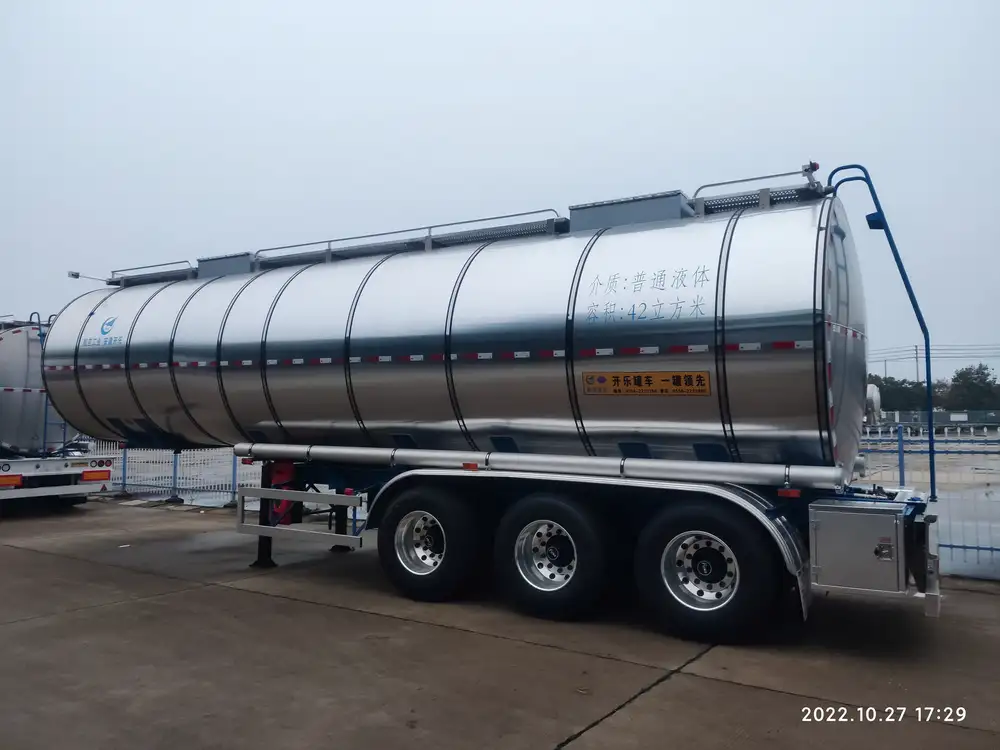
1. Auctioning the Semi-Trailer
Auctioning can often yield money that other methods wouldn’t. Ensure to:
- Hire an experienced auction house specializing in heavy machinery.
- Provide detailed descriptions and conditions of the trailer to maximize bids.
2. Selling to Salvage Yards
After assessing the trailer’s condition, you may consider selling it to a salvage yard.
- Find reputable yards: Look for local businesses that specialize in semi-trailer recycling and disposal.
- Negotiate terms: Discuss the potential worth and how the process will be handled.
3. Environmentally Responsible Disposal Services
Some companies specialize in environmentally friendly disposal. They often handle:
- Haulage
- Dismantling
- Material recovery processes

Key Regulatory Considerations
1. Environmental Regulations
Be aware of local and state regulations regarding hazardous materials. For tank trailers, for instance, ensuring the safe disposal of any remaining fluids is paramount.
2. Documentation
Retention of disposal documentation is essential. This documentation may include:
- Certificates of destruction
- Receipts from recycling or disposal services
- Records of any hazardous waste management.
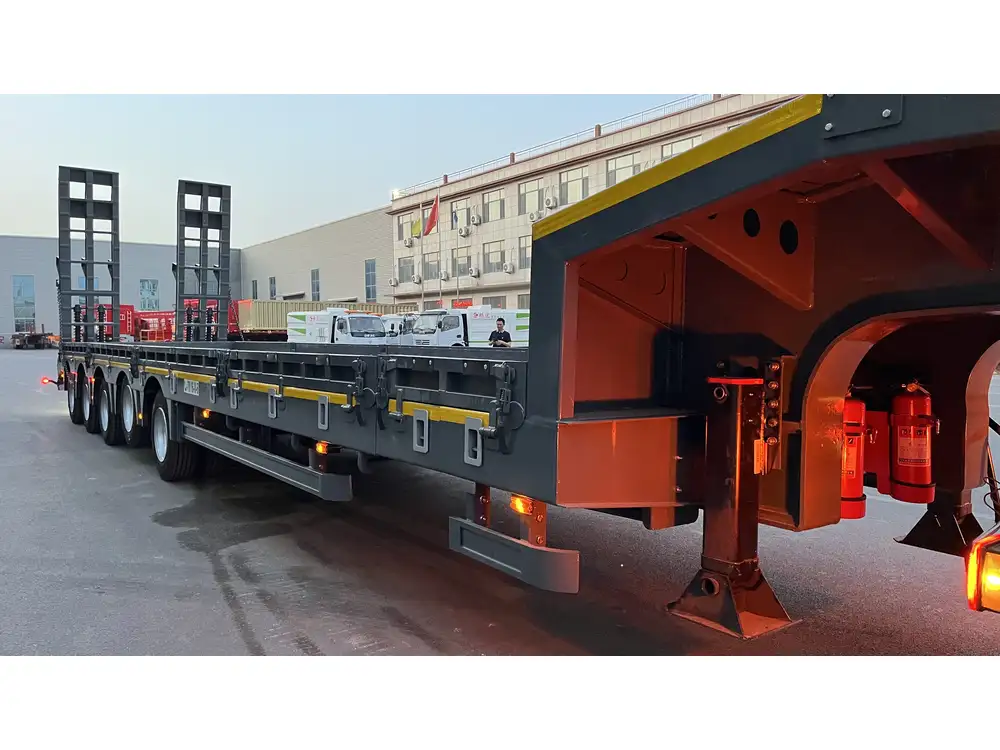
FAQ: Common Questions on Semi-Trailer Disposal
Q1: How do I know if my semi-trailer can be recycled?
A: Most semi-trailers, especially those made of metal and rubber, can be recycled. Check with local recycling facilities for their capabilities.
Q2: What should I do if I have a tank trailer?
A: Consult with a hazardous waste disposal service. Proper emptying and cleaning are prerequisites before proceeding with disposal.
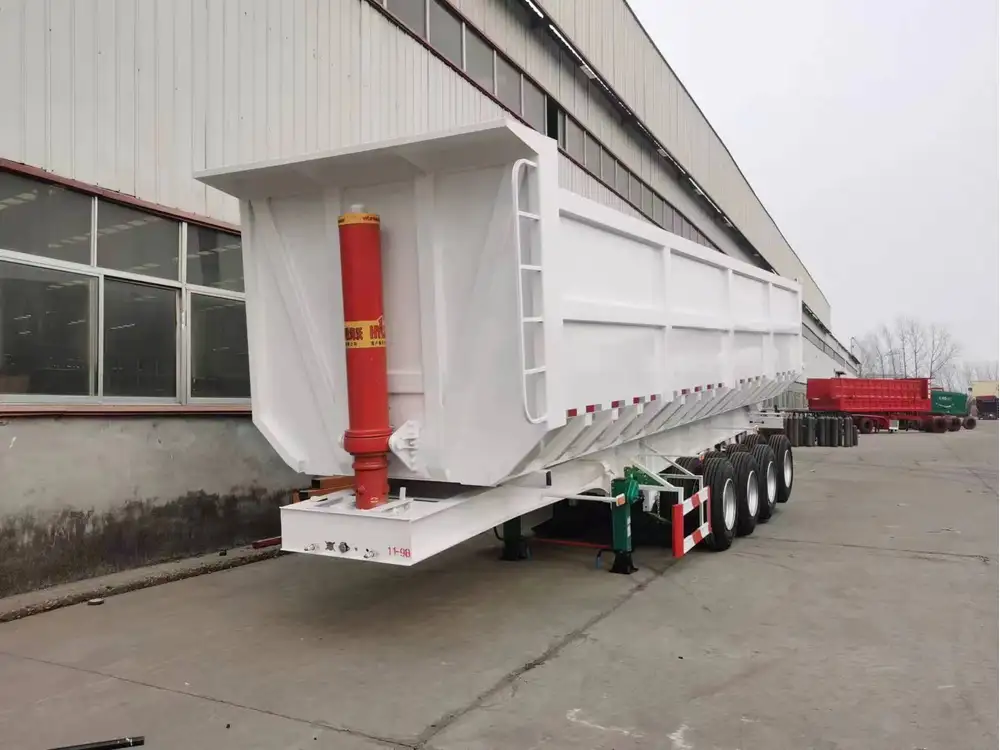
Q3: Can I claim tax deductions for donating my trailer?
A: In some cases, yes. Always consult a tax professional regarding potential tax benefits related to donations.
Q4: How much can I expect to receive from selling my trailer?
A: The value depends on its age, condition, and prevailing market rates. Research comparable sales for accurate valuation.
Conclusion
The disposal of a semi-trailer involves evaluating your asset’s condition, considering various disposal options, and complying with relevant regulations. Navigating this process with a structured approach ensures that not only do you protect the environment, but you also maximize your potential return. By employing eco-conscious methods such as recycling, donation, or resale, you can effectively manage your fleet lifecycle and contribute to sustainable practices.
In doing so, businesses can maintain their operational integrity while aligning with a growing commitment to environmental stewardship. With comprehensive planning and informed decisions, disposing of a semi-trailer can be a successful venture rather than just another logistical hurdle.
Revisiting this process regularly will ensure that you remain informed about new regulations, technologies, and market conditions as these factors continually evolve, offering ample opportunities for improvement and cost efficiency in your semi-trailer lifecycle management.



